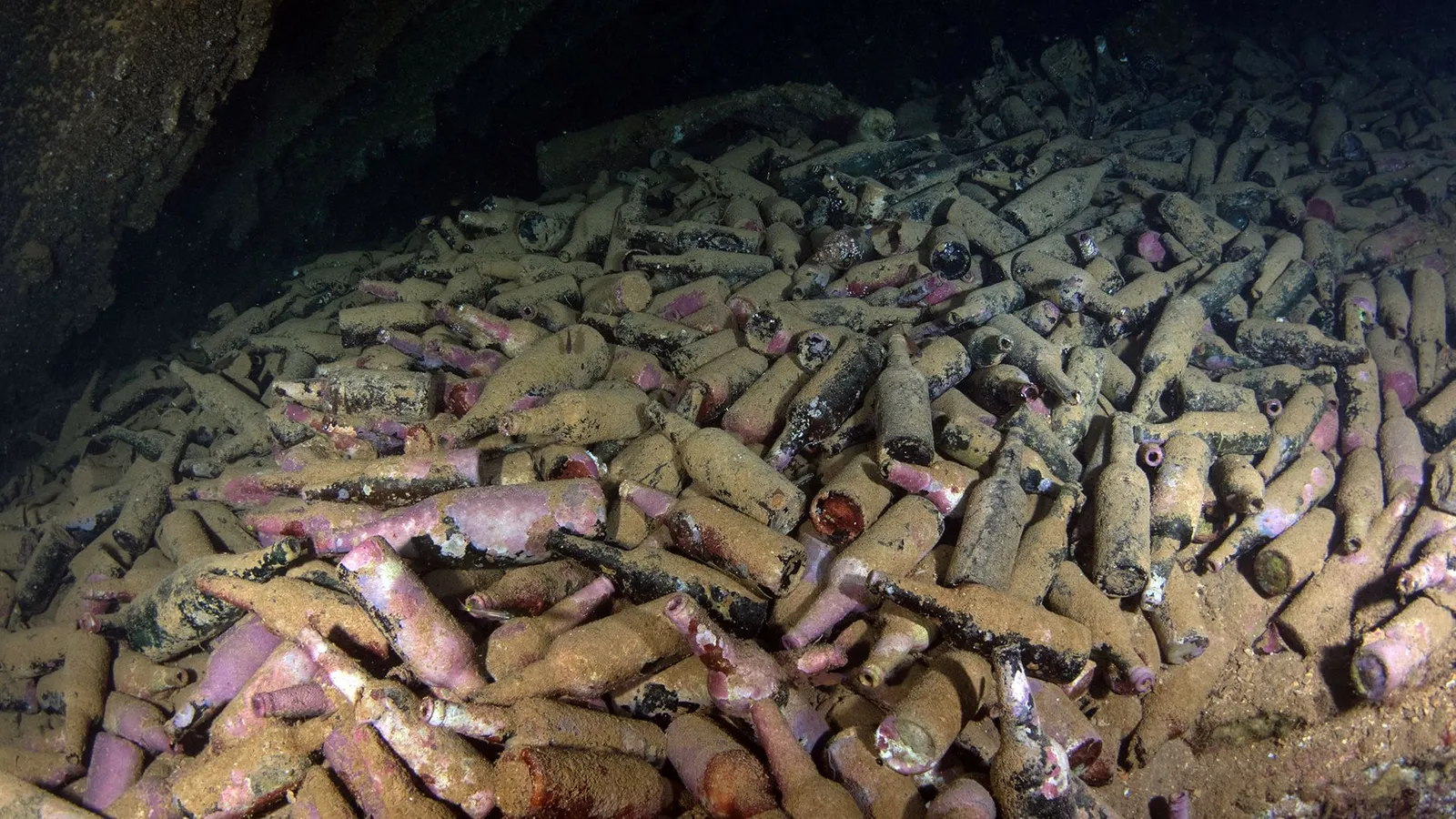Researchers recently found a treasure of 125-year-old, unopened, beer bottles in a shipwreck off the Scottish coast. In those bottles, preserved thanks to the cold ocean water, was even more of a treasure: live yeast.
Beer Archeology
It was only recently that I learned about the field of “beer archeology,” after hearing a talk by the beer archeologist Travis Rupp. I was delighted to learn that there is a whole field dedicated to recreating ancient beers, as far back as ancient Greece and Rome, only using materials, ingredients, and methods that would have been available at the time. Or as close as still available.
Inspired by old techniques, Travis Rupp has developed a series of beers named “Ales of Antiquity.” There’s an ancient-Egypt-inspired beer and a Viking-inspired beer. Of course, there is also a Belgian-style beer as well!
If I’d been interested in beer at the same time I was interested in archeology (the latter was when I was about 8 years old), who knows where I would have (could have) ended up?
Yeast explorers
The yeast found in the Scotting shipwreck is only one of the many endeavors of brewers resurrecting old strains, which cannot only be used to brew historical beers but may have applications in cleaning up pollutions and in the perfume industry (though the article states that the smell of the beer was quite atrocious).
That doesn’t mean noone tried brewing a beer, of course they did! Scientists at Brewlab, a spin-out from University of Sunderland, isolated two types of yeast from the Wallachia shipwreck beer: Brettanomycas and Debaryomyces. With that, they brewed a 7.5% stout that, apparently, had some coffee and chocolate notes. Certain byproducts of the fermentation products create a distinct flavor that is specific to the yeasts used.
And resurrecting ancient yeasts can yield more interesting flavors, compared to the limited stains that are used by most modern brewers today. Maybe something to try in our next batch of homebrew? Time to go diving, I guess!
Read the full news story here: https://www.bbc.com/future/article/20210622-how-shipwrecked-yeasts-could-change-the-taste-of-your-beer
Read the publication about the yeasts found in the shipwreck: https://onlinelibrary.wiley.com/doi/full/10.1002/jib.641
Read more about Travis Rupp: https://www.npr.org/sections/thesalt/2019/05/26/723983713/beer-archaeologists-are-reviving-ancient-ales-with-some-strange-results


